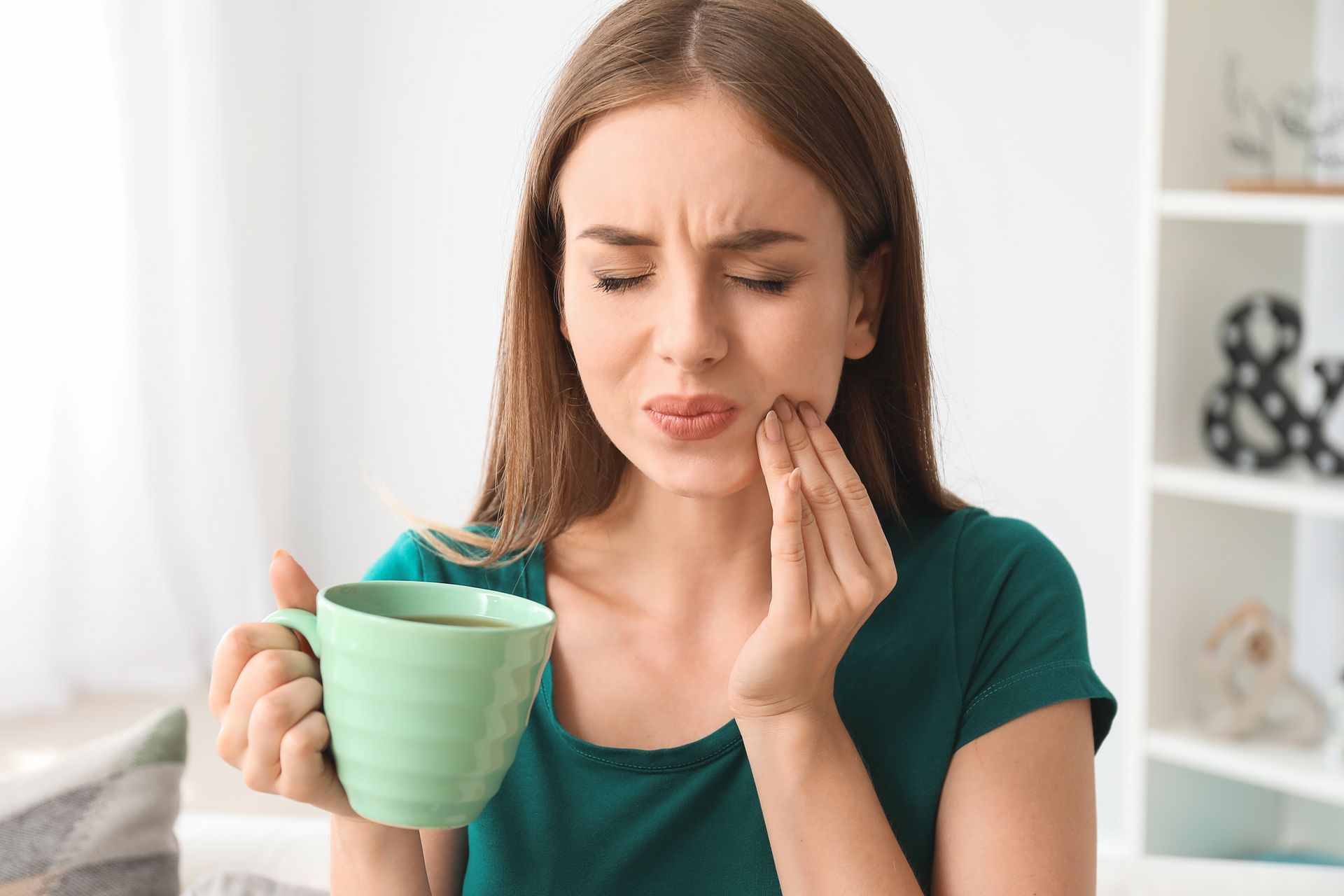How to Help Teens Maintain Oral Health
Teenagers have unique dental needs that require special attention and care. As teens grow, their oral habits can significantly impact their overall oral health. This is a time when habits are formed, including those related to taking care of their teeth and gums.
During the teen years, factors like growth spurts, braces, and wisdom teeth emerge, making dental care even more important. Helping teens understand the significance of oral health and guiding them in developing good habits can lead to a lifetime of healthy smiles.
In this article, we will discuss the essential aspects of teenage oral care. By focusing on building a simple daily routine, making smart dietary choices, and keeping up with regular dental check-ups, teens can ensure their oral health remains strong and vibrant. These steps are key to preventing issues and supporting overall well-being.
Understanding Teen Dental Needs
Teens go through many changes in their bodies, which means they also have specific oral health needs. As teenagers experience growth spurts, their mouths are no exception. The development of facial bones and the eruption of permanent teeth create a dynamic phase for dental health. These changes can make them more prone to certain dental issues, making good oral care vital at this stage.
Braces and orthodontic treatments are common among teens. These devices straighten teeth and correct misalignments. While beneficial, they require teens to take extra care with their oral hygiene. Food particles can easily get trapped around braces, leading to plaque buildup and potential cavities if not cleaned properly.
Wisdom teeth, which start appearing in the late teens or early adulthood, can lead to complications such as crowding or impaction. Keeping an eye on these developments through dental check-ups ensures that any issues are caught early and managed effectively.
Overall, teens must understand their dental needs. Knowing what to expect and how to care for their teeth during these formative years helps prevent dental problems and sets the stage for long-term oral health.
Building a Simple Oral Care Routine
Creating and maintaining a simple oral care routine can make a big difference for teens. Establishing these habits early helps ensure healthy teeth and gums for years to come. Here are some essential daily practices:
1. Brush Twice Daily: Use a fluoride toothpaste and a soft-bristled toothbrush. Make sure to brush for two minutes, covering all surfaces of the teeth.
2. Floss Daily:
Flossing removes food particles and plaque between teeth where brushes can't reach. It helps prevent gum disease and tooth decay.
3. Use Mouthwash: A good mouth rinse can help remove leftover debris and kill bacteria, freshening breath and improving oral health.
To make these routines stick, it helps to incorporate them into a daily schedule. Setting reminders or aligning them with specific times, like after dinner, can aid consistency.
Make oral care fun by using flavored toothpaste or experimenting with different types of floss. Some teens may find electric toothbrushes more engaging and effective, adding a tech-savvy twist to brushing.
By adopting these habits, teens can keep their mouths clean, fresh, and healthy. Teaching them the importance of these simple steps provides a strong foundation for their oral care journey.
Nutritional Choices for Healthy Teeth
Diet plays a crucial role in maintaining healthy teeth and gums, especially during the teen years. Eating the right foods provides the nutrients needed for strong tooth enamel and healthy gum tissue. Teens should focus on a balanced diet to support their oral health.
Foods rich in calcium, like milk, cheese, and yogurt, contribute to strong teeth. They help protect enamel by providing essential minerals. Crunchy fruits and vegetables, such as apples and carrots, act like natural toothbrushes. They help remove plaque while stimulating saliva production, which neutralizes acids in the mouth.
It's best to minimize sugary snacks and drinks, as they can lead to cavities. Instead, opt for healthier options like nuts, cheese sticks, and fresh fruit. Drinking plenty of water is also important. It keeps the mouth hydrated and helps rinse away particles that could cause decay.
By making smart food choices, teens can significantly boost their oral health. Encouraging them to be mindful of their diet not only benefits their teeth but also supports their overall well-being.
The Importance of Regular Dental Check-Ups
Regular dental check-ups are vital for teens to maintain good oral health. These visits allow dentists to catch issues early and provide necessary treatments. Routine check-ups help prevent cavities, gum disease, and other oral problems before they become serious.
During a typical dental appointment, the dentist will examine the teen's teeth, gums, and mouth. They may take X-rays to check for hidden issues like cavities between teeth or impacted wisdom teeth. Cleanings remove plaque and tartar buildup, which helps prevent decay and gum disease.
Teens should visit the dentist every six months or as recommended. Preparing for an appointment means ensuring some basic oral hygiene. It can help manage nerves about the visit by discussing any questions or concerns with the dentist.
By understanding what to expect and why these appointments matter, teens are more likely to keep their dental health in check. Encouraging regular visits helps ensure that their teeth and gums stay healthy through their growing years.
Conclusion
Helping teens maintain good oral health is crucial for their overall well-being. By understanding their unique dental needs and encouraging regular care, it sets them on a positive path for the future. Nutritional choices shape their oral environment, while simple routines keep their smiles healthy and bright.
Regular dental check-ups play an essential role in monitoring oral health and catching potential issues early. Supporting teens in making these healthy choices is key to instilling lifelong habits. At Aria Dental of Annapolis, we understand the importance of a supportive and nurturing environment for dental care.
Are you ready to help your teen take charge of their oral health journey? Schedule an appointment with Aria Dental of Annapolis today and let us provide expert guidance tailored to your teen’s needs. Our
Annapolis dental clinic is here to ensure your family gets the best care for healthy, confident smiles that last a lifetime.



Share This Post

